Role: Potential MFF (REU) Host
-
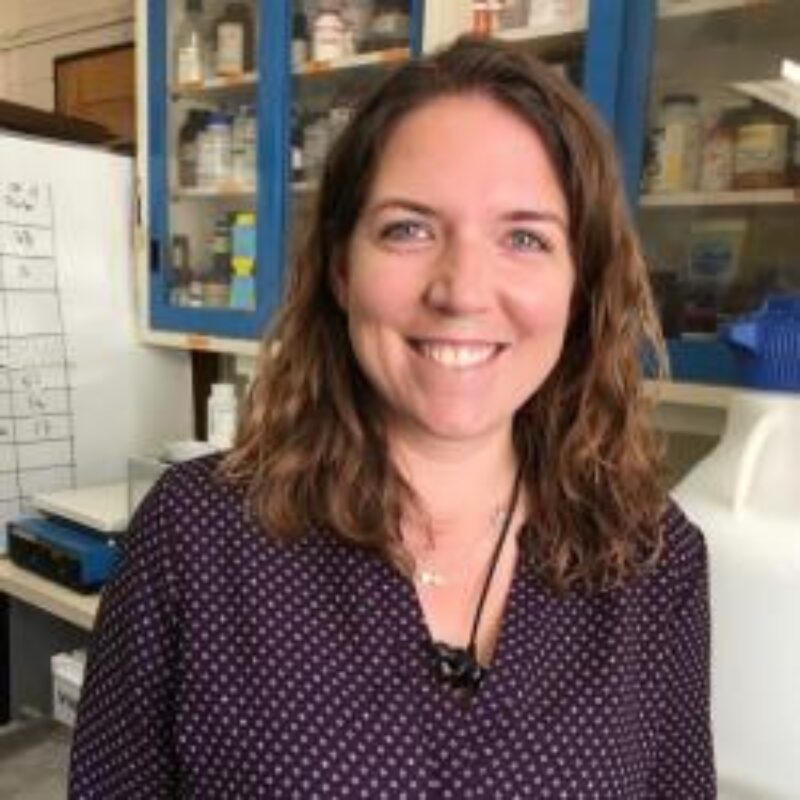
Kelley Gallagher
The Gallagher lab studies the regulation of steps in the bacterial life cycle through sporulation in the soil-dwelling genus Streptomyces. Students will delete and overexpress genes that are predicted to regulate development and examine resulting phenotypes to identify novel regulatory mechanisms of bacterial development. This[...] -

J. Brooks Crickard
The Crickard lab studies chromosome maintenance pathways with a focus on homologous recombination. We use genetic approaches in combination with single molecule imaging to dissect molecular mechanisms. An example of a student project is expressing and purifying proteins to understand the role of signaling kinases[...] -

Anthony Hay
The Hay lab uses methods from microbial ecology, physiology, genomics, and genetics to understand how human activities affect microbes in diverse environmental settings. For instance, we study how handling of milk collection kits affects the microbiome of pumped human milk. Students will use genomics to[...] -

Andrew Flyak
The Flyak lab studies human antibody response to viral pathogens. We try to answer questions like, how do human antibodies neutralize rapidly mutating viruses? And, how can we design vaccines that mimic effective antibody responses seen in some individuals? In our lab, we isolate antibodies[...] -
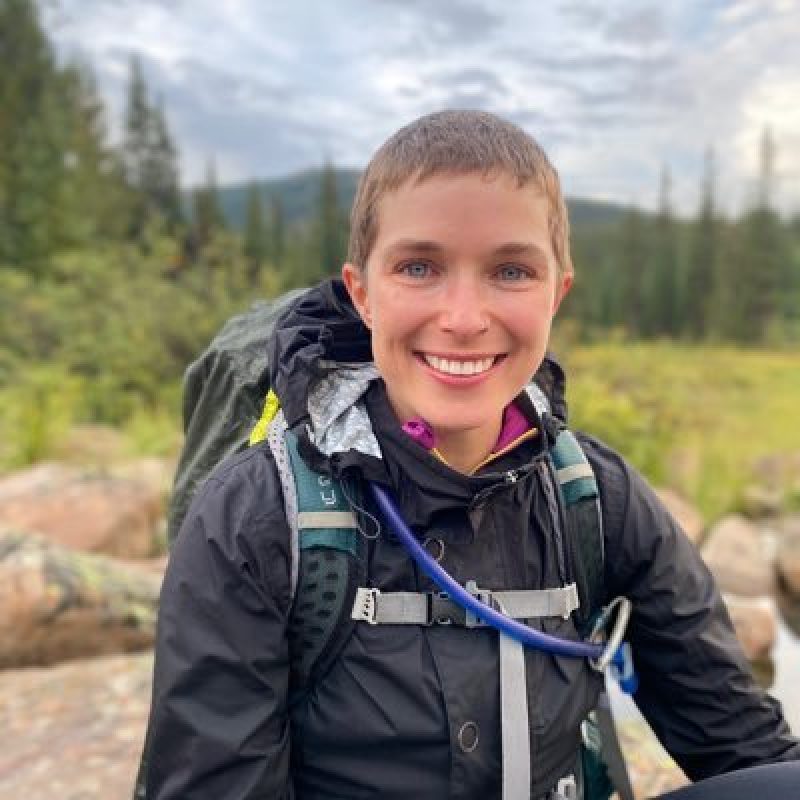
Marian Schmidt
The Schmidt lab focuses on microbial community diversity, metabolic activity, and genome evolution in aquatic environments. Students will gain experience with microbial ecology and computational tools. As an example project, students can characterize the microbial communities in marine sediments associated with oyster beds to understand[...] -
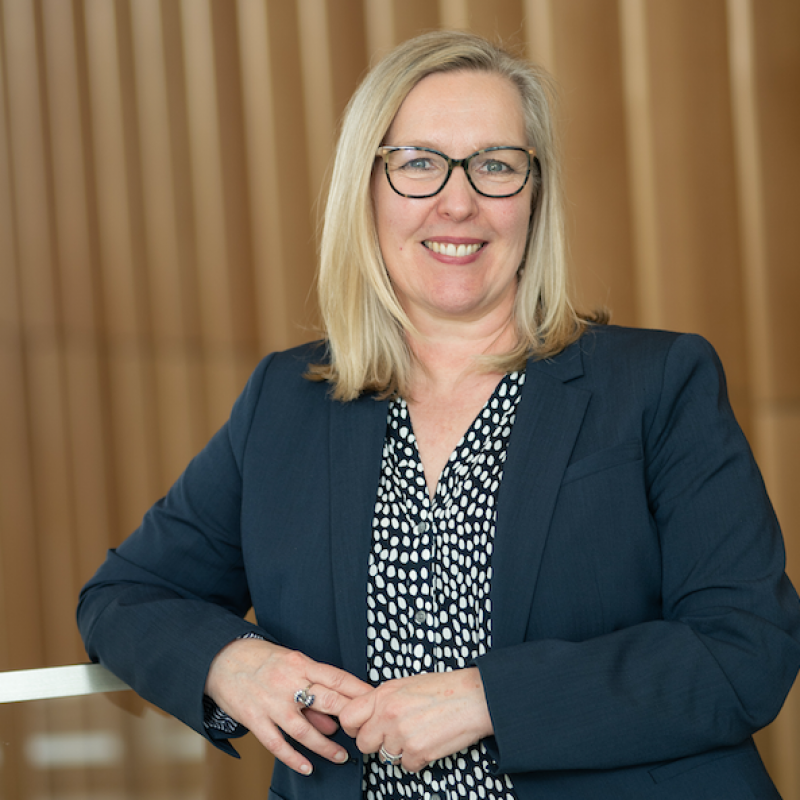
Deborah Fowell
We are actively engaged in defining the signals that enable effector T cells to ‘find’ areas of infection and damage within inflamed tissues. We utilize intravital multiphoton microscopy and optogenetic tools to visualize and manipulate effector CD4+ T cells in situ. These approaches have revealed extrinsic[...] -
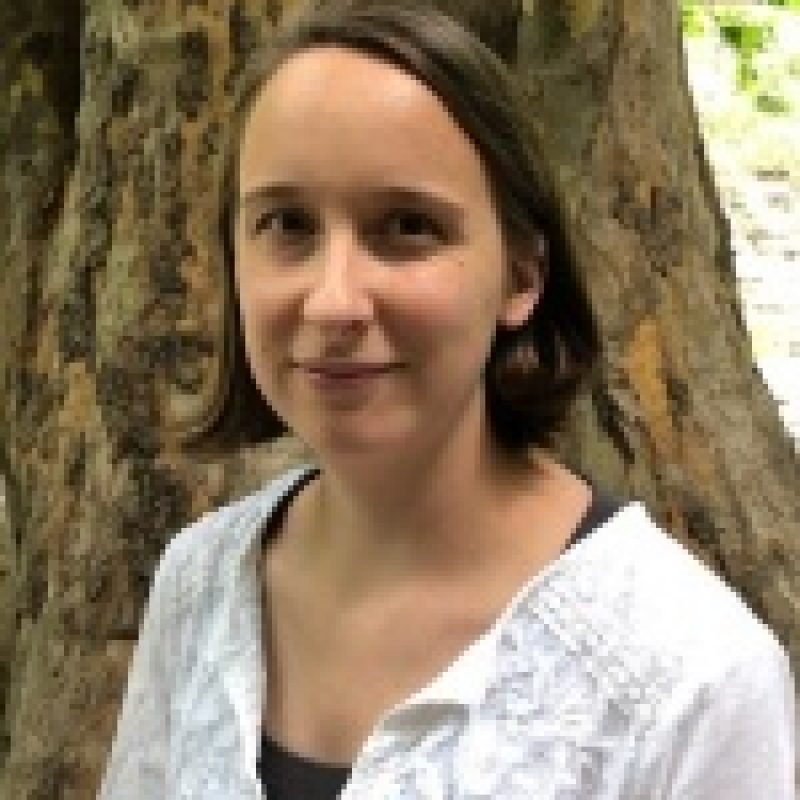
Heather Feaga
The Feaga Lab uses structural, biochemical, and omics approaches to study bacterial ribosomes. Our research aims to identify new protein factors that interact with ribosomes and that keep protein synthesis running smoothly. Students will use transposon mutagenesis coupled to deep sequencing (Tn-Seq) to identify genes[...] -

Lori Huberman
The Huberman lab uses genetic and genomic techniques to study the genetic mechanisms used by fungi to sense and respond to the nutrients in their environment. Student projects will include performing genetic screens to identify genes important in nutrient sensing and using genetic and genomic[...] -
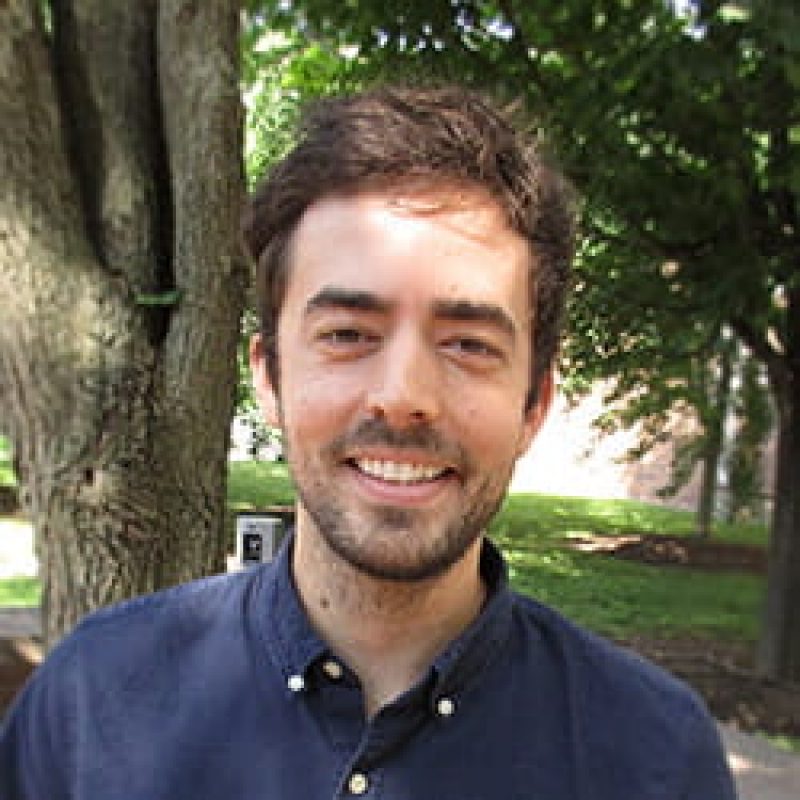
Andrew Moeller
We study the evolution of vertebrate gut microbes. Our work focuses on the co-evolutionary histories of animals and their microbiota using a combination of omics approaches, gnotobiotic experiments, and field studies. Students will gain experience in anaerobic bacterial culturing, genome sequencing workflows, and comparative genomics bioinformatics[...] -

Scott McArt
We study how pathogens influence pollinator health. Students collect data on plant-pollinator visitation networks, pathogen prevalence in bees and at flowers, pathogen replication and impacts on host survival, or conduct manipulative experiments to understand transmission parameters. The overall goal of our work is to improve[...]
